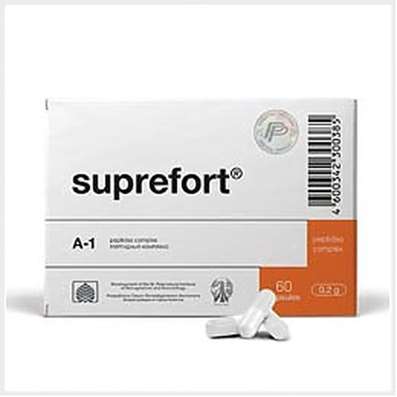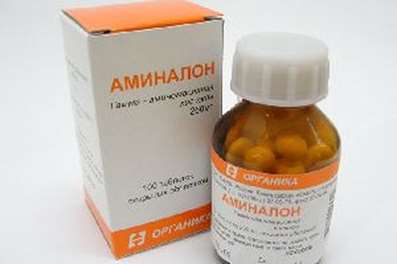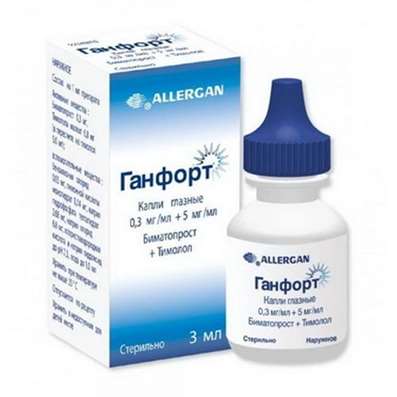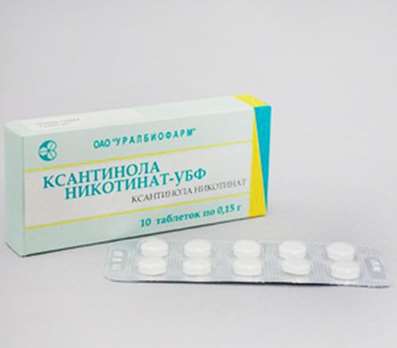Russian scientists proposed to treat brain injuries with glucose starvation
31 Jul 2017
Russian scientists from the Institute of Theoretical and Experimental Biophysics of the Russian Academy of Sciences have discovered that a glucose "hunger-strike" helps brain cells to fight against epileptic seizures, Alzheimer's disease and the consequences of severe head injuries.
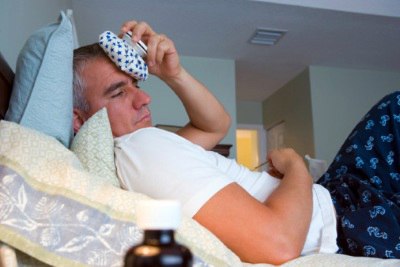
Previously, scientists have found that epileptic seizures occur when nerve cells begin to lack a lot of glucose. Suppress such seizures possible with the help of pyruvic acid, which is formed during the decomposition of sugars. The appearance of this acid in large quantities causes the nerve cell to believe that it lacks "food" and it turns into an "energy-saving" regime. This, in turn, prevents the development of epileptic seizures.
Scientists suggested that such a mechanism can work in the development of neurodegenerative diseases or when serious brain injuries occur. In experiments on laboratory animals, they showed that the introduction of pyruvic acid, insulin and an antioxidant into the brain suppresses cognitive and electrophysiological disorders in the brain in the early stages of Alzheimer's disease, and also significantly affects the functioning of the brain in the late stages of the development of the disease.
According to the researchers, when the cells switched from a 100% glucose "diet" to the oxidation of pyruvate and other metabolic products, it helped them to deal with the lack of energy associated with blood flow disorders and other problems in the operation of the brain vessels.
Now scientists plan to conduct experiments on animals with severe brain injuries, the consequences of strokes and chronic Alzheimer's disease.

 Cart
Cart

